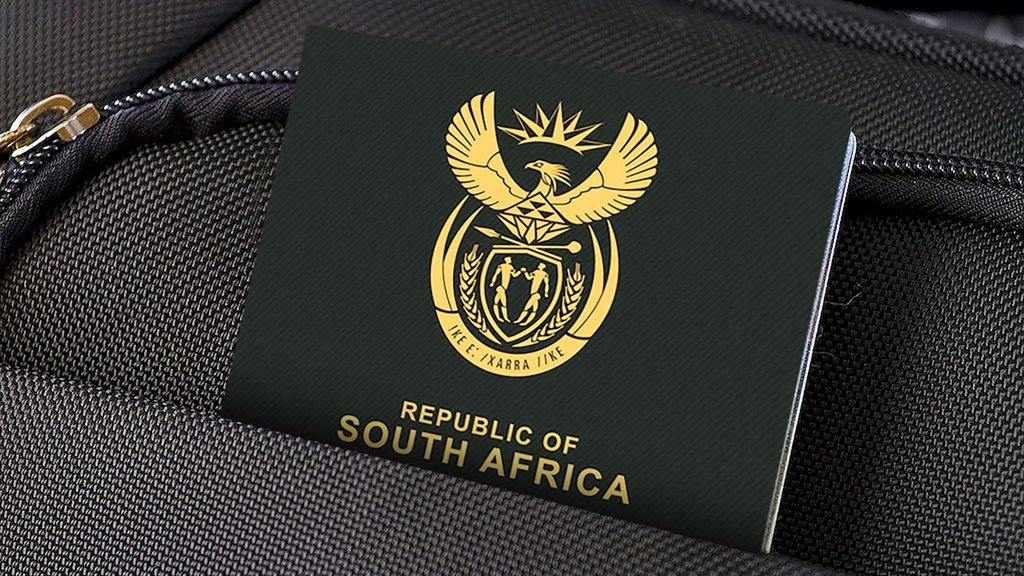
Poor South Africans Sell Their Identities To Foreign Nationals
Published on March 29, 2022 at 9:45 AM by Face of Malawi
Home Affairs Minister Aaron Motsoaledi revealed that South Africans sold their identities to a syndicate for as little as R500.
A Pakistani national who has businesses in Gauteng is alleged to be the kingpin involved in a passport fraud syndicate that paid South Africans R500 to sell their identities to foreigners. He was arrested along with two Home Affairs officials in a late-night bust.
They were arrested at the Krugersdorp Home Affairs office on Thursday night in a joint operation between the Hawks and the Department of Home Affairs.
Thirteen foreigners and 13 South Africans were arrested.
Minister of Home Affairs, Aaron Motsoaledi, said police received sworn statements from people who participated in the syndicate and had now turned state’s witness. He said:
The unfortunate part is that South Africans who stupidly lend their identities to be utilised in this manner end up suffering serious prejudice when trying to do other transactions.
As an example, one of the South Africans who has turned state witness is a security guard who does not work for Home Affairs. She could not have her license to work as a security guard renewed by the Private Security Industry Regulatory Authority because when the authority verified her details with Home Affairs, a picture of a Pakistani woman appeared.
She was forced to come and confess because her life is virtually at a standstill. We can reveal that at least 10 citizens from Eldorado Park came to confess because they can no longer transact, especially with the banks who get alarmed when they see a photo of a foreign national, but with South African biographics.
South Africans were allegedly recruited for as little as R500 and promised jobs overseas, which never materialised, in exchange for their identity.
Motsoaledi added that South Africans were allegedly recruited for as little as R500 and promised jobs overseas, which never materialised, in exchange for their identity. He added that:
i). the alleged kingpin connived with two Home Affairs officials to conduct this syndicate that spanned throughout Gauteng, Limpopo, KwaZulu-Natal, Eastern Cape, Western Cape and Mpumalanga.
ii). The Home Affairs officials are said to have pocketed between R5 000 and R10 000 per passport while the kingpin allegedly charged anything from R40 000 a passport.
iii). The alleged kingpin was identified after an immigration officer picked up anomalies with two passports of people who wanted to leave the country via Cape Town International Airport.
iv). The kingpin would buy cars for the Home Affairs officials to enable them to be at his disposal.
v). The investigation team traced over 100 suspicious passports issued by these officials through the use of the Biometric Access Control Management system.
He added that the passports have been blocked and anyone trying to use them will be arrested in any part of the world.


